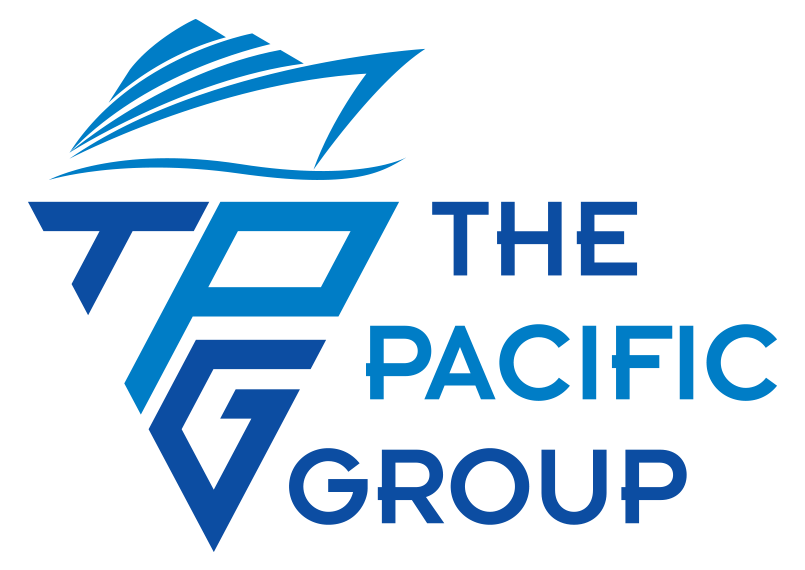There’s no way around it, the coronavirus has severely impacted the global economy. Unemployment claims now top 30 million, with many states unable to handle the influx of unemployment claims. Retail sales for March dropped by 8.7%, their highest ever reported decline. At the same time, the manufacturing sector was hit hard, with industrial production dropping 5.4% and manufacturing as a whole down by 6.3%.
Amidst the turmoil, stocks saw their best month in over 30-years. The Dow Jones ended higher by 11% and the S&P 500 was up close to 13% over the month, helping counterbalance the selloff in March. There is optimism that states will begin to slowly ease restrictions and open up businesses, which could bring an immediate positive impact to the economy as a whole.
Aside from the coronavirus, oil was the other big story of the month. Oil prices plummeted, and at one point were below $0 for the first time ever. With an oversupply of oil and no one leaving their homes to consume the commodity, no one could stop prices from dipping. As a result, OPEC nations agreed to cut their oil production, hoping the move would stabilize prices for the time being.
Source: https://www.ft.com/content/a5292644-958d-4065-92e8-ace55d766654
Meanwhile, the Federal Reserve has ramped up its efforts to support the economy through these tough times. The Fed introduced an additional $2.3 trillion into the US economy in the form of loans to businesses, consumers, and even states and municipalities. Dubbed the Municipal Liquidity Facility, the Fed will buy short-term debt from local governments to aid in their cash flow struggles. The Fed also reiterated its stance on maintaining interest rates near zero until they are “confident that the economy has weathered recent events.”
While the government focus has been on the short-term, all of the government spending aimed at supporting businesses and consumers is adding to the country’s budget deficit. All told, the United States budget deficit is expected to hit $3.7 trillion in 2020 and $2.1 trillion next year. In order to make-up this deficit, Congress may need to repeal previous tax cuts enacted by President Donald Trump, and impose additional taxes to make up the difference.
This is a very volatile time in the nation’s economy and markets. Now, more than ever, we will continue to monitor the economic climate as it changes over the coming days, weeks and months.
Please contact our team if you have any questions.
Warmest Regards,
David Adefeso
References:
https://www.cnbc.com/2020/04/15/the-economic-data-is-even-worse-than-wall-street-feared-the-economy-is-clearly-i n-ruins-here.html
https://www.ft.com/content/a5292644-958d-4065-92e8-ace55d766654
https://money.usnews.com/investing/stock-market-news/articles/2020-04-30/after-the-bell-stocks-best-month-since-1 987
https://www.bloomberg.com/opinion/articles/2020-04-12/oil-price-trump-s-saudi-russia-cease-fire-won-t-last-long https://www.cnn.com/2020/04/09/economy/federal-reserve-stimulus-states-cities/index.html https://www.nytimes.com/2020/04/09/business/economy/fed-economic-rescue-coronavirus.html https://finance.yahoo.com/news/fed-fomc-decision-april-2020-141824183.html
https://www.nytimes.com/2020/04/30/business/economy/coronavirus-unemployment-claims.html https://finance.yahoo.com/news/the-new-taxes-coming-to-finance-all-that-stimulus-spending-180206720.html https://finance.yahoo.com/news/the-new-taxes-coming-to-finance-all-that-stimulus-spending-180206720.html
Legal Information and Disclosures
David Adefeso is the Chief Executive Officer of The Pacific Group. He oversees all aspects of the firm’s operations. Prior to The Pacific Group, David worked as a Wall Street Investment Banker with Wasserstein Perella & Co. and Salomon Smith Barney. There, he executed large and complex merger & acquisitions and corporate finance transactions for some of the world’s largest companies. His client base included Aetna US Healthcare, Magellan Healthcare, Allegiance Corp., HealthSouth, MedPartners, Snapple, Interpool Inc., Indigo Aviation, American TransAir, and BlueCross/BlueShields of California, Kansas City & Missouri.
Prior to investment banking, David worked as a Certified Public Accountant. He attended Harvard Business School where he graduated with an MBA.
Disclaimer: The views expressed are the views of David Adefeso through the period ending April 30th, 2020, and are subject to change at any time based on market and other conditions. This is not an offer or solicitation for the purchase or sale of any security and should not be construed as such. References to specific securities and issuers are for illustrative purposes only and are not intended to be, and should not be interpreted as recommendations to purchase or sell such securities.


